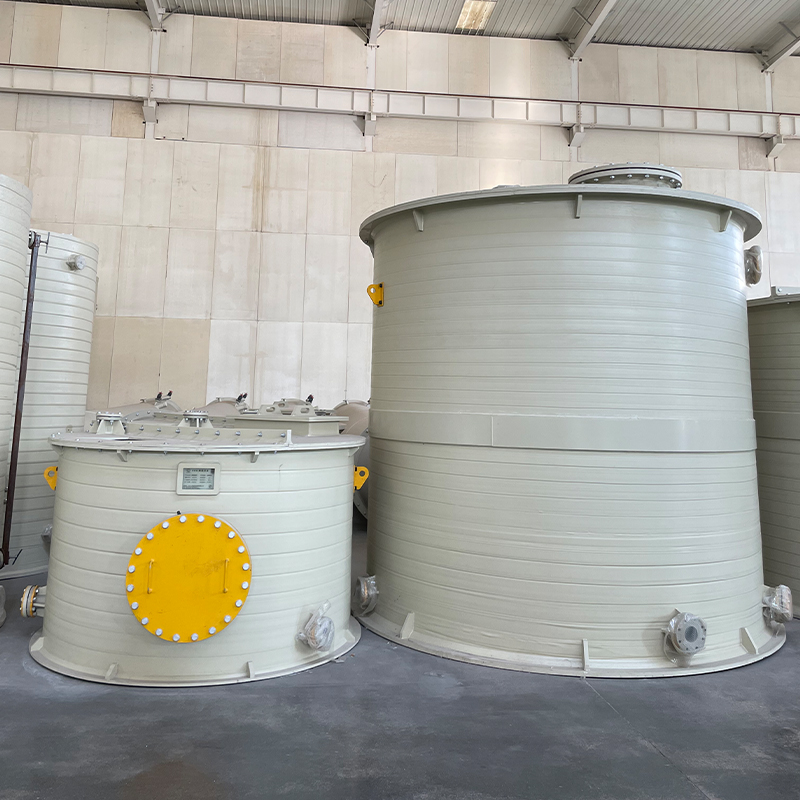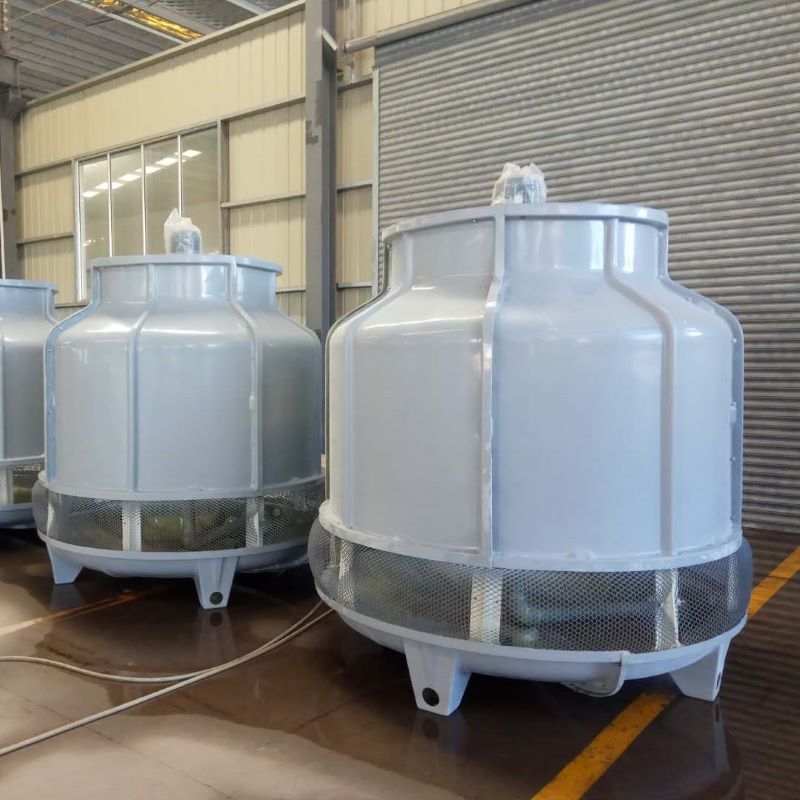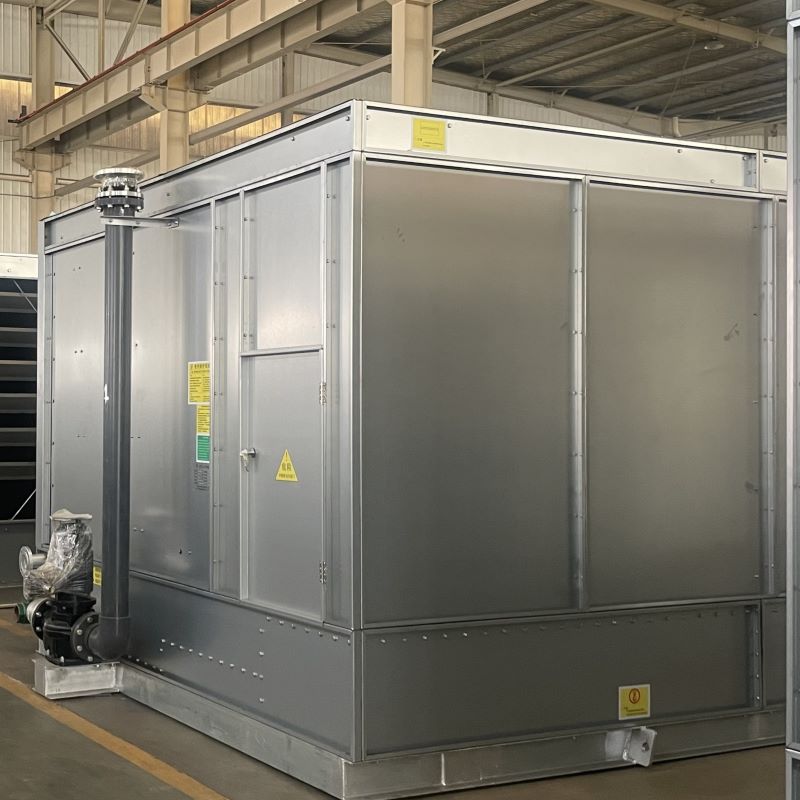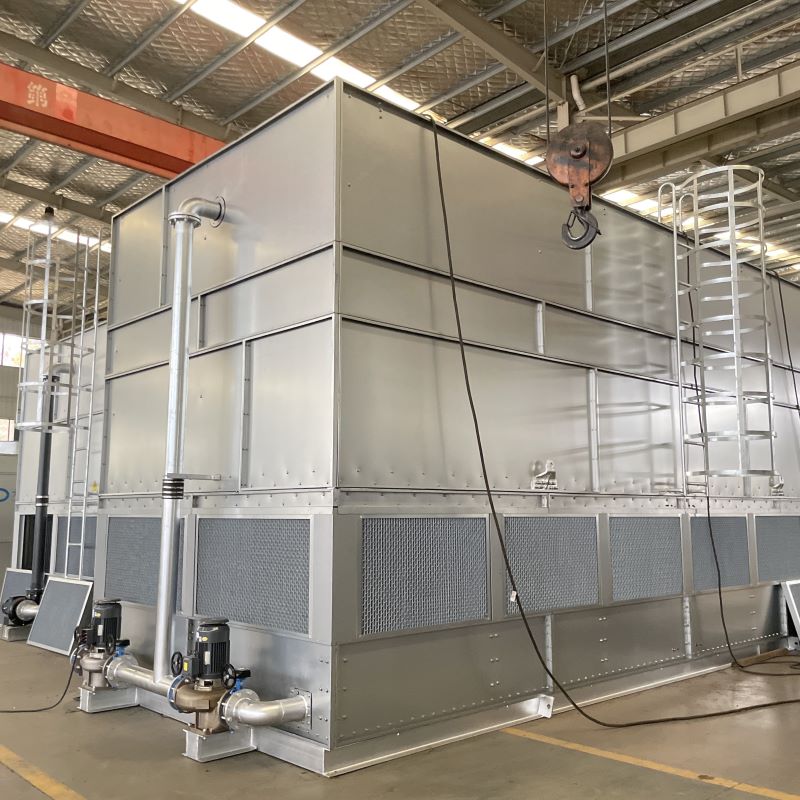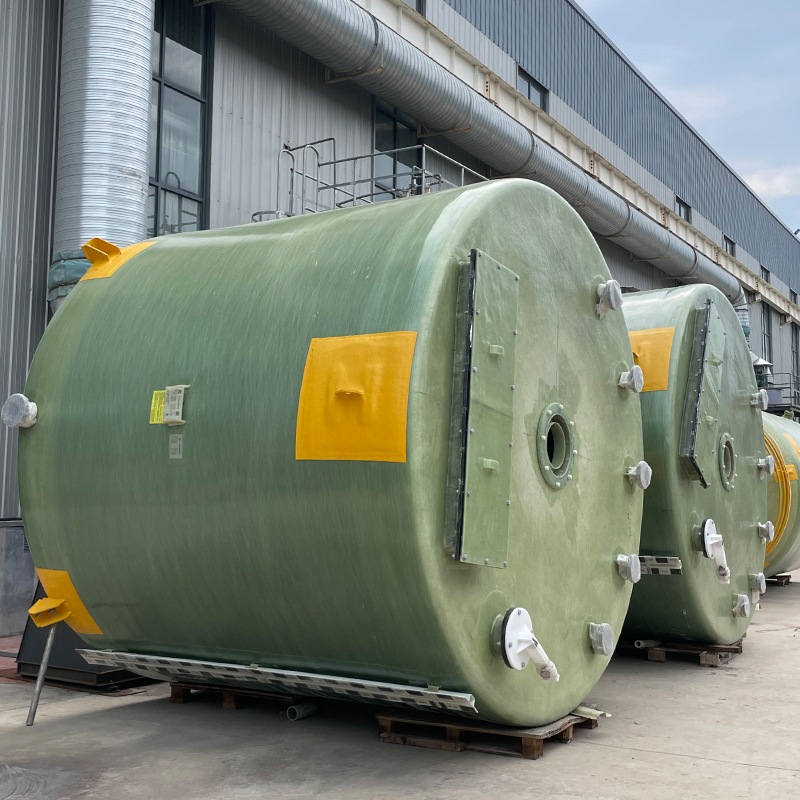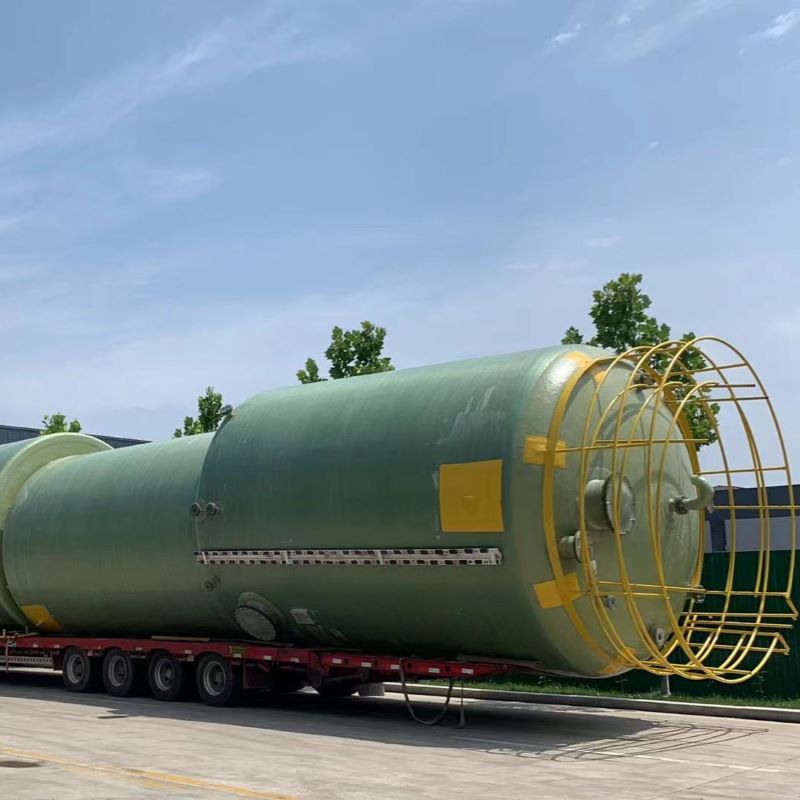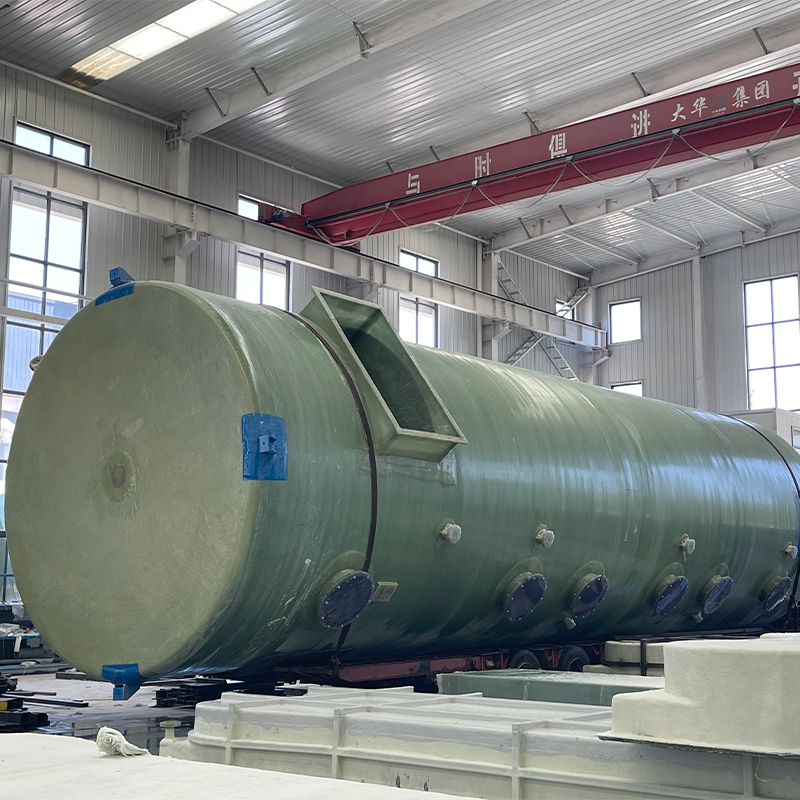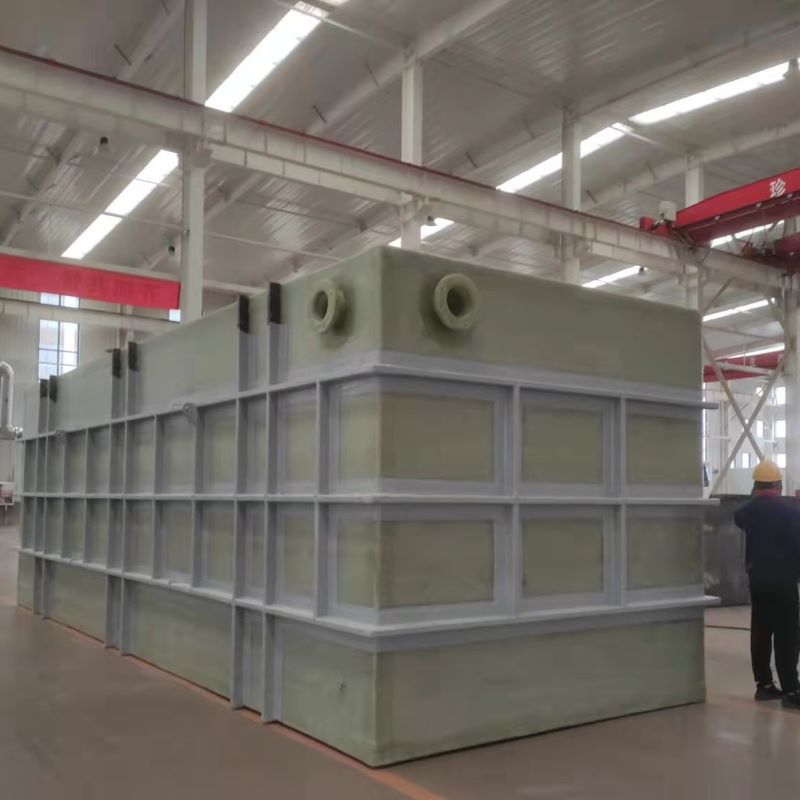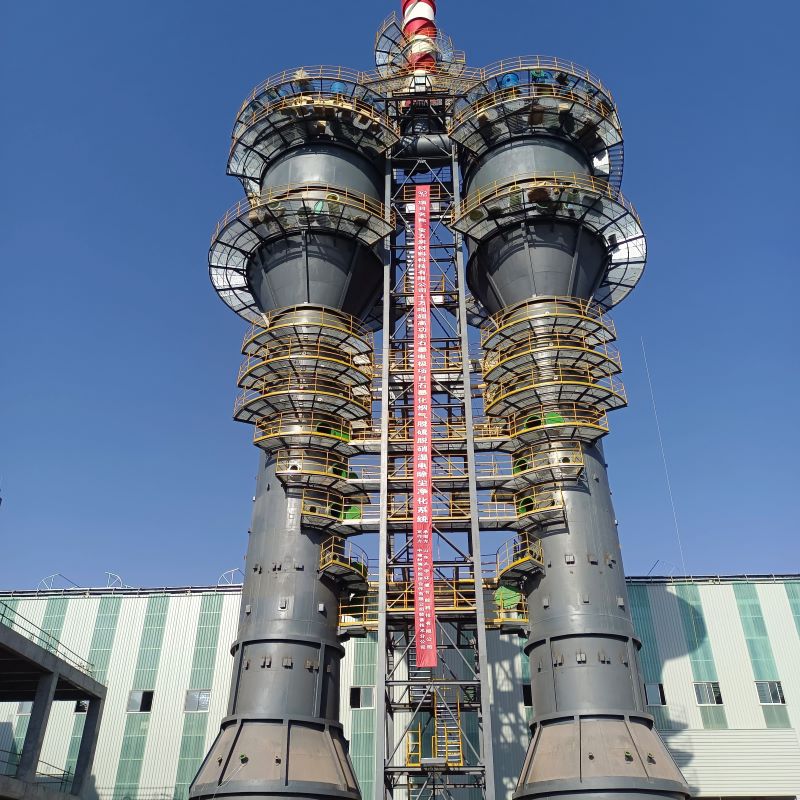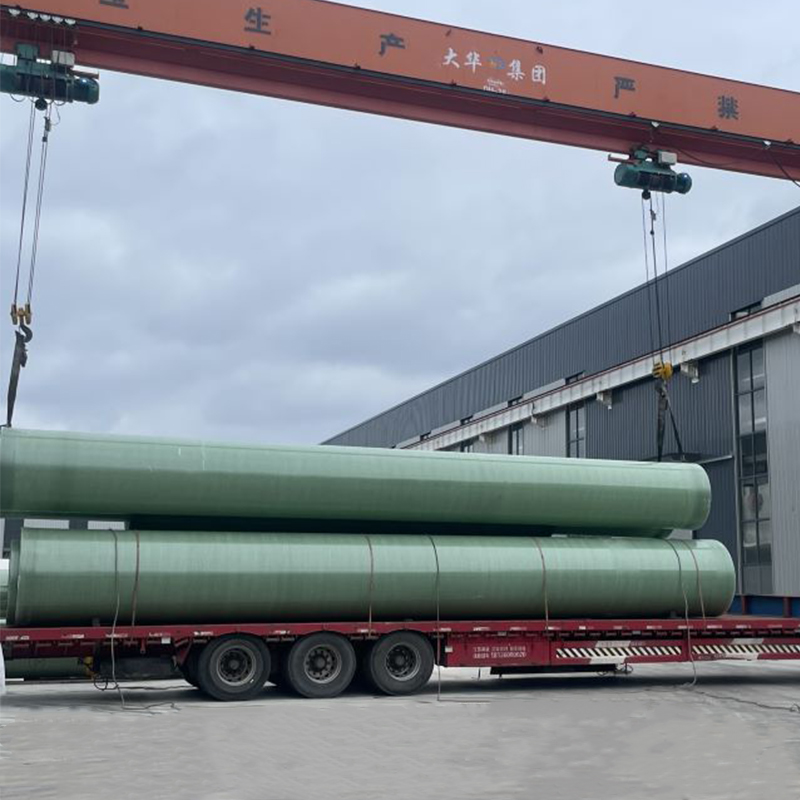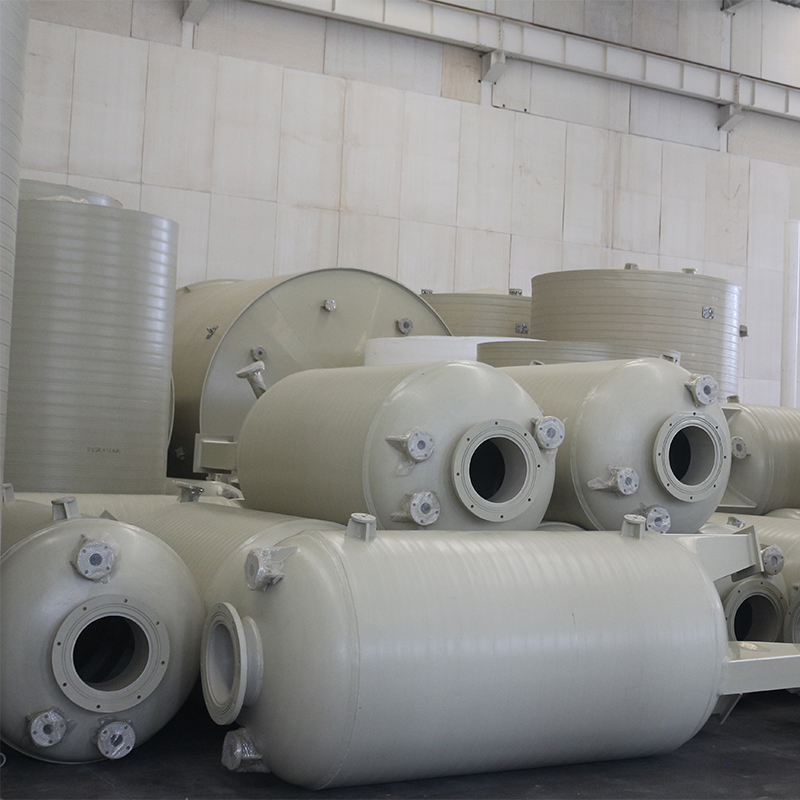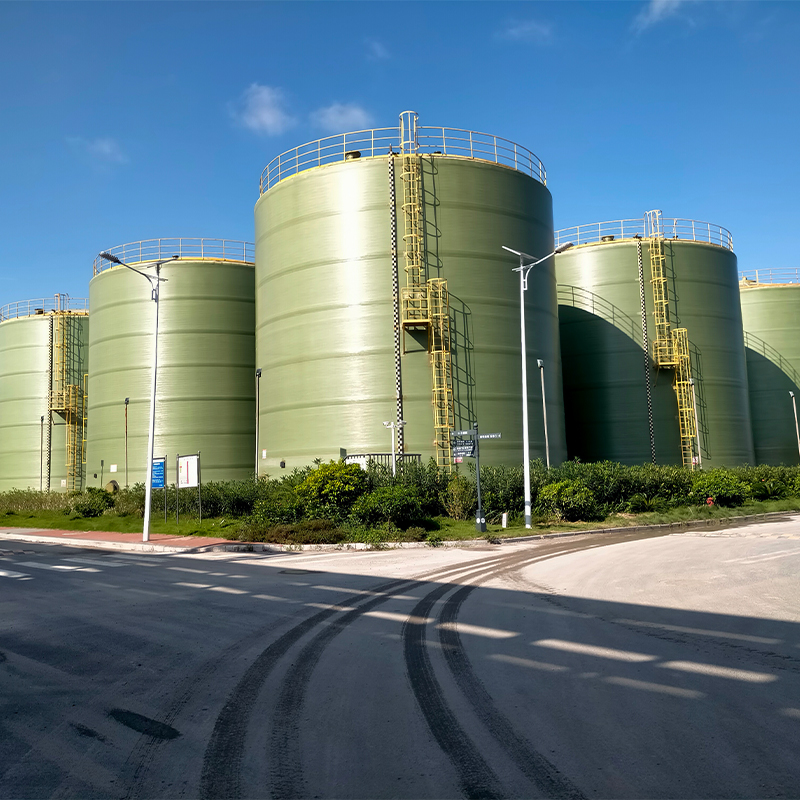
China pentair frp tank
Understanding the Role of China Pentair FRP Tanks in Modern Water Treatment
When contemplating the challenges of efficient water management, one often encounters the term China Pentair FRP tank. These tanks play a pivotal role in industries where corrosion resistance and durability are non-negotiable. Despite common assumptions, the expertise required to effectively implement these tanks goes beyond simple installation.
The Evolution of Composite Materials
FRP, or Fiberglass Reinforced Plastic, has changed the landscape of storage solutions. The use of China Pentair FRP tanks reflects this shift. Originally, metal tanks were the industry standard, but over time, the limitations—particularly corrosion—became apparent. FRP tanks emerged as a viable alternative, offering both durability and resistance to harsh chemicals.
One of the most intriguing aspects of these tanks is their adaptability. Whether you are dealing with water treatment or chemical storage, the ability to customize the design to specific requirements is invaluable. This flexibility often proves crucial in meeting environmental regulations and operational demands.
Despite their benefits, a successful implementation requires a deep understanding of both the material properties and the operational environment. This is not something that can be fully understood just by reading specifications. Field experience matters.
Challenges Faced in Practical Deployment
Having overseen several installations, I've noticed that site preparation is often underestimated. A flat, stable foundation is not just a guideline but a necessity. Misjudging soil conditions or neglecting to account for seismic activity can result in costly damage.
Another frequent oversight involves improper maintenance schedules. Even though FRP tanks require less upkeep than their steel counterparts, routine inspections are crucial. A minor crack, if unnoticed, can lead to significant leaks and operational downtime.
It's also critical to consider local climate conditions. UV radiation, for example, can degrade the exterior if not properly shielded. Considering a UV protective coating might be an overlooked but vital investment for long-term performance.
The Role of Manufacturers in Ensuring Quality
Some companies stand out by delivering not just products but solutions. At our website, we emphasize comprehensive support—from installation through to lifecycle maintenance. This holistic approach often makes the difference in customer satisfaction.
Choosing the right manufacturer involves more than reviewing technical specs. It’s about finding a partner that understands the specific needs of your industry. Customization options, warranty terms, and after-sales support are just as critical as the initial purchase price.
For example, when sourcing from China-based manufacturers, ensure they comply with international standards. Companies like the ones listed on our site offer certifications that can ease regulatory approvals in many jurisdictions.
Case Studies: Lessons from the Field
I recall a project where we had to replace a series of steel tanks with China Pentair FRP tanks. The transition initially seemed straightforward. However, upon installation, integration issues with existing piping required unexpected adjustments.
This experience highlighted the importance of thorough site surveys. Conducting a pre-installation audit allowed us to devise a workaround that aligned the new tanks with the existing infrastructure. Such planning is crucial in preventing project delays and cost overruns.
In another instance, a client underestimated the expansion potential of stored chemicals. Fortunately, their choice of FRP tanks, known for excellent adaptability, allowed for a rapid and cost-effective upgrade — an option that would have been financially prohibitive with traditional materials.
Future Perspectives in FRP Technology
The future of water treatment and storage is leaning heavily on composite materials. Innovations in resin technology and fiber layering techniques promise to extend the lifespan and improve the performance of FRP tanks. As environmental regulations become more stringent, the industry is likely to see an increased reliance on these advanced materials.
The ability to recycle FRP components is also emerging as a significant advantage. As sustainability becomes more central to industrial practice, this aspect will likely influence purchasing decisions.
Overall, whether selecting, deploying, or maintaining China Pentair FRP tanks, the importance of informed decision-making cannot be overstated. While technical knowledge forms the backbone of any decision process, real-world experience often provides the nuance that technical manuals lack.
Соответствующая продукция
Соответствующая продукция
Самые продаваемые продукты
Самые продаваемые продуктыСвязанный поиск
Связанный поиск- Best FRP Water Transmission Pipes price
- China FRP Equipment exit
- Best PPH Scrubber Tower Manufacturer
- China best rooftop evaporative cooler exit
- OEM FRP Composite Tower factory
- OEM Collection Tube Producer supplier
- commercial evaporative cooler price
- China FRP Agitation Reactor Manufacturer
- FRP Storage Vat
- Best Closed-Circuit Cooling Tower Coil product


